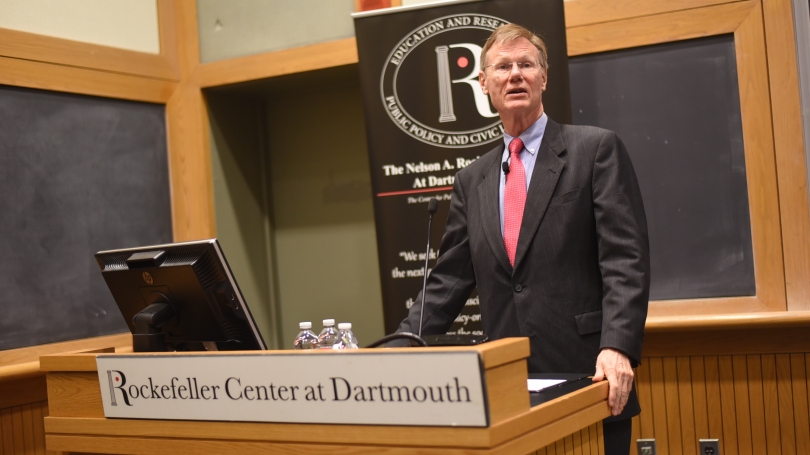
- Public Policy
- Leadership
- Funding
- News & Events
- About the Center
Back to Top Nav
Back to Top Nav
Back to Top Nav
Back to Top Nav
While the Civil Rights Movement led to much legislative advancement toward racial equality, the criminal courts in the U.S. judicial system remained largely unaffected. Although many consider legislation to represent one of the main drivers of racial oppression, criminal courts are often overlooked as a source of inequality. As court outcomes are shaped by many discretionary factors like the competence of a defendant’s lawyer, it may be the case that courts have played a role in the oppression of people of color.
As the President and Senior Counsel at the Southern Center for Human Rights, Stephen B. Bright made the argument that criminal courts are a source of racial oppression in his lecture titled “Rigged: When Race and Poverty Determine Outcomes in Death Penalty and Other Criminal Cases.” He discussed how the criminal courts have represented a primary driver of racial injustice throughout U.S. history, through institutions such as slavery, Jim Crow laws, and mass incarceration of minorities. He spoke about how race and poverty are often dominant factors in the outcomes of criminal cases, and how discretionary discretions in cases are often influenced by race.
Professor Bright’s lecture on Thursday, May 5, 2016 made up part of the Rockefeller Center’s annual Law Day Celebration. Observed annually on May 1, Law Day is a national celebration of the rule of law in the United States. Law Day provides an opportunity to reflect on the importance of law and the legal system in our society. It allows us to appreciate the vitality of the law and importance of legal processes to the way our democratic system functions.
Stephen B. Bright has represented poor people in the legal system for more than 40 years, as a legal services attorney, public defender, and an attorney with a public interest law project, and taught at law schools for more than 20 years. Subjects of his litigation, teaching, and writing include legal representation for poor people accused of crimes, capital punishment, human rights violations in prisons and jails, and judicial independence. He has argued capital cases before juries in three states, in state and federal appellate courts, and in three cases before the United States Supreme Court. He joined the Southern Center for Human Rights in Atlanta as its director in 1982 and served in that capacity for 23 years before becoming its president and senior counsel in 2006, the positions he holds today. Bright has taught at Yale Law School since 1993, and at a number of other law schools, including Harvard, Georgetown, Emory and Georgia. The Daily Report, Georgia’s legal newspaper, named him “Newsmaker of the Year” in 2003 for his contribution to bringing about creation of a public defender system in Georgia. He received the American Bar Association’s Thurgood Marshall Award in 1998.
Submitted by Marie Plecha ’16, Rockefeller Center Student Program Assistant for Public Programs
The views and opinions expressed and any materials presented during a public program are the speaker’s own and do not necessarily represent the views and opinions of the Rockefeller Center or constitute an endorsement by the Center.